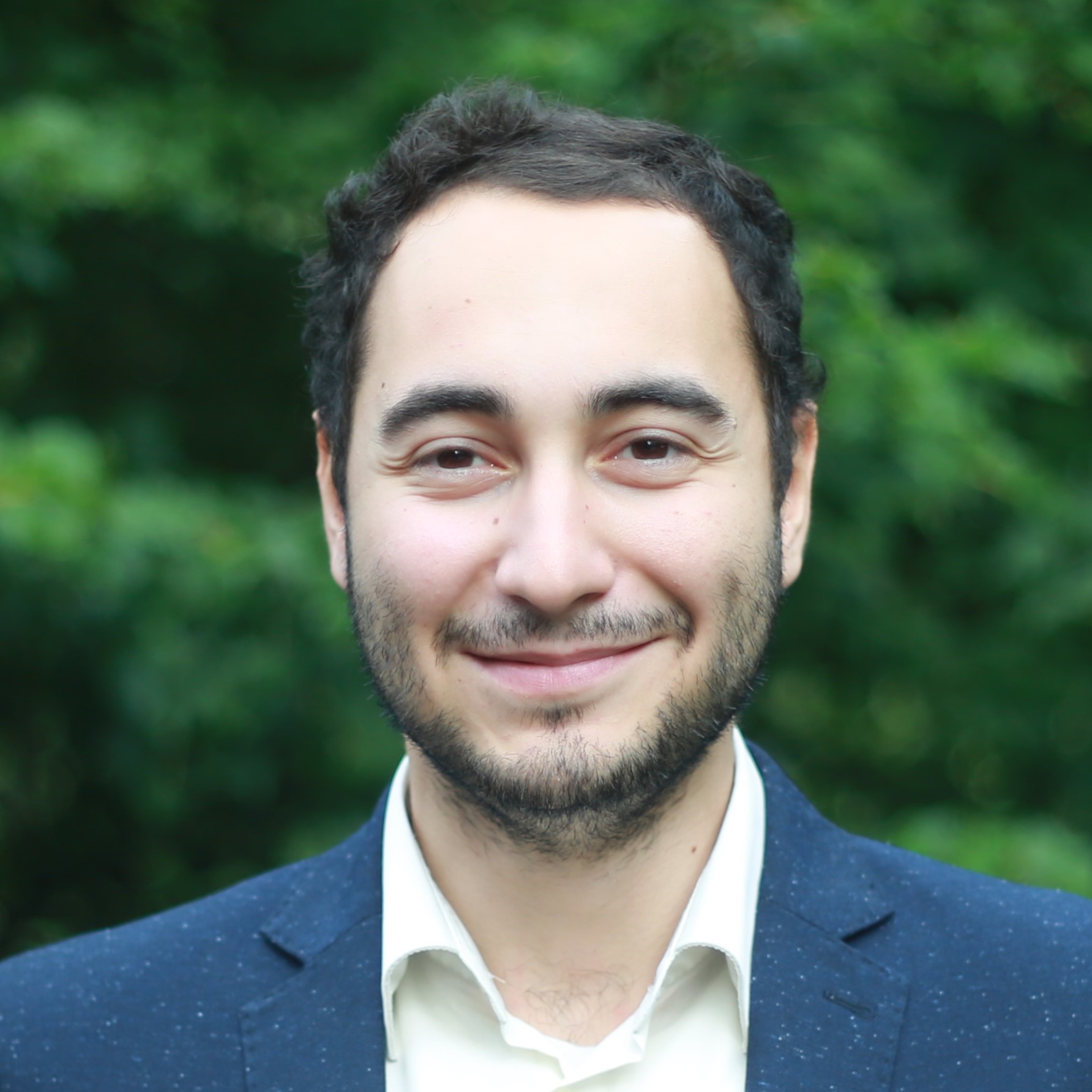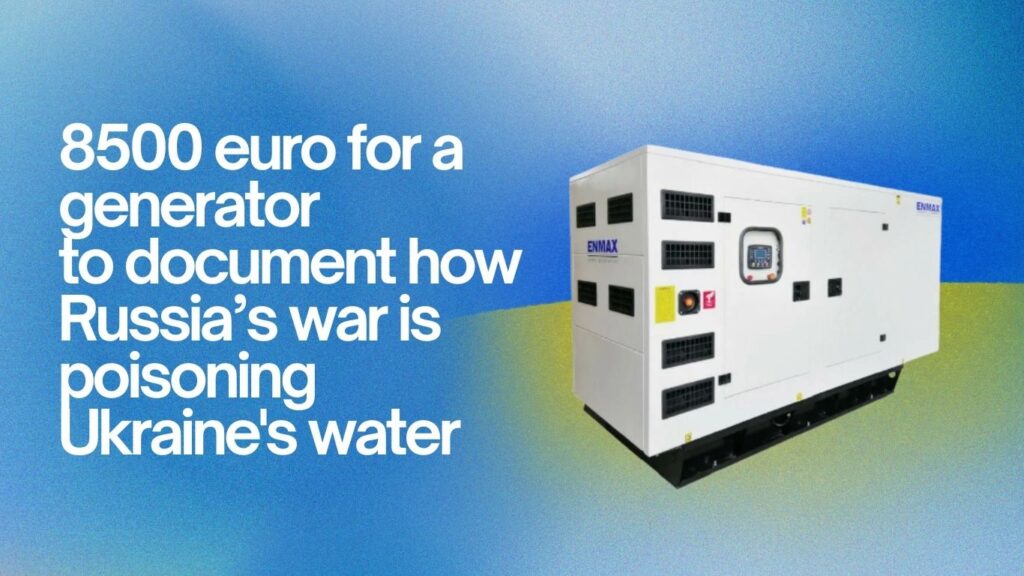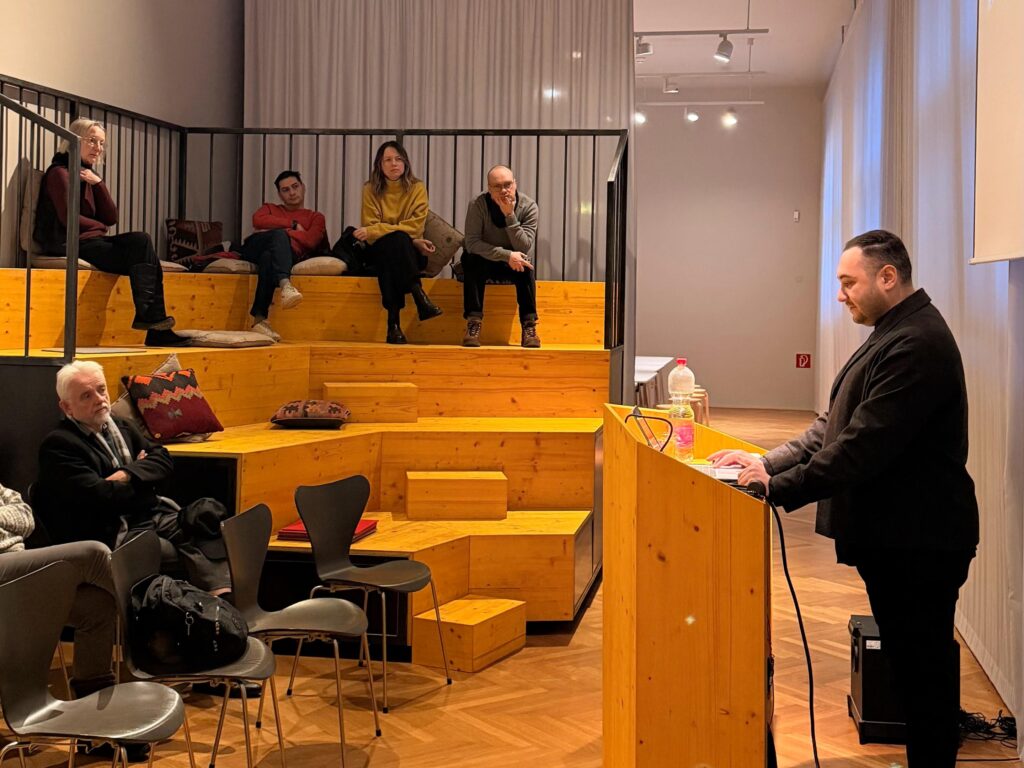Instead of “Nothing about Ukraine without Ukraine,” we are now hearing “Nothing about Europe without Europe”
Just a week after the world-shaking statements from the new White House administration and Vice President J.D. Vance’s shocking speech at the Munich Security Conference—and right before Germany’s election results— Austausch e.V.’s First Executive Director Igor Mitchnik gave an interview to Bulgarian media. Read it here (behind a paywall).
Key takeaways:
‣ Trump’s hardline approach fuels global uncertainty. His administration’s strategic ambiguity leaves both allies and adversaries in the dark, further eroding trust in the U.S.
‣ Any potential deal imposed by Trump risks undermining the legitimacy of Ukrainian government in the eyes of Ukrainians. More and more Ukrainians are asking, “What have so many people died for?”
‣ Territorial concessions remain unrealistic. Russia still claims parts of Ukraine it doesn’t fully control while losing ground in regions like Kursk. A territorial swap is a non-starter for Moscow, which sees itself on the winning side.
‣ Germany’s elections are unlikely to significantly alter Germany’s Ukraine policy. Friedrich Merz, once ambivalent, has adopted Scholz’s cautious approach, deferring to European allies instead of making decisive moves—especially on delivering Taurus cruise missiles.
‣ However, higher military spending is likely as Germany increasingly frames Ukraine support as a national security priority.
‣ The war exposes Russia’s colonial structures. Ethnic minorities are disproportionately mobilized and sent to the frontlines, and some groups among them seem increasingly inclined to support democratic change in Russia.
‣ Funding cuts—especially the loss of USAID support—have put civil society in crisis. Yet, civil society remains the backbone of democratic resistance. Continued financial support is crucial for fostering alternative futures.
Defending democracy requires investment. With U.S. allies under pressure, Europe and Germany must step up. The era of relying on an American security and financial umbrella is over. The responsibility is now ours—there is no alternative.
-

Since February 1, 2024, Igor is the First Executive Manager of Austausch. Prior to this role, Igor Mitchnik was primarily involved in civil society, humanitarian, and analytical projects in and related to crisis and conflict areas in Eastern Europe, Central Asia, and the South Caucasus. From 2019 to 2021, he was deployed by Austausch to Eastern Ukraine, where he was responsible for two years for the establishment and management of ‘Drukarnia’ in Sloviansk (Donetsk Region). Even thereafter, his work focus remained predominantly in Ukraine, where he collaborated with American NGOs such as the Community Organized Relief Effort (CORE) and Mercy Corps.





